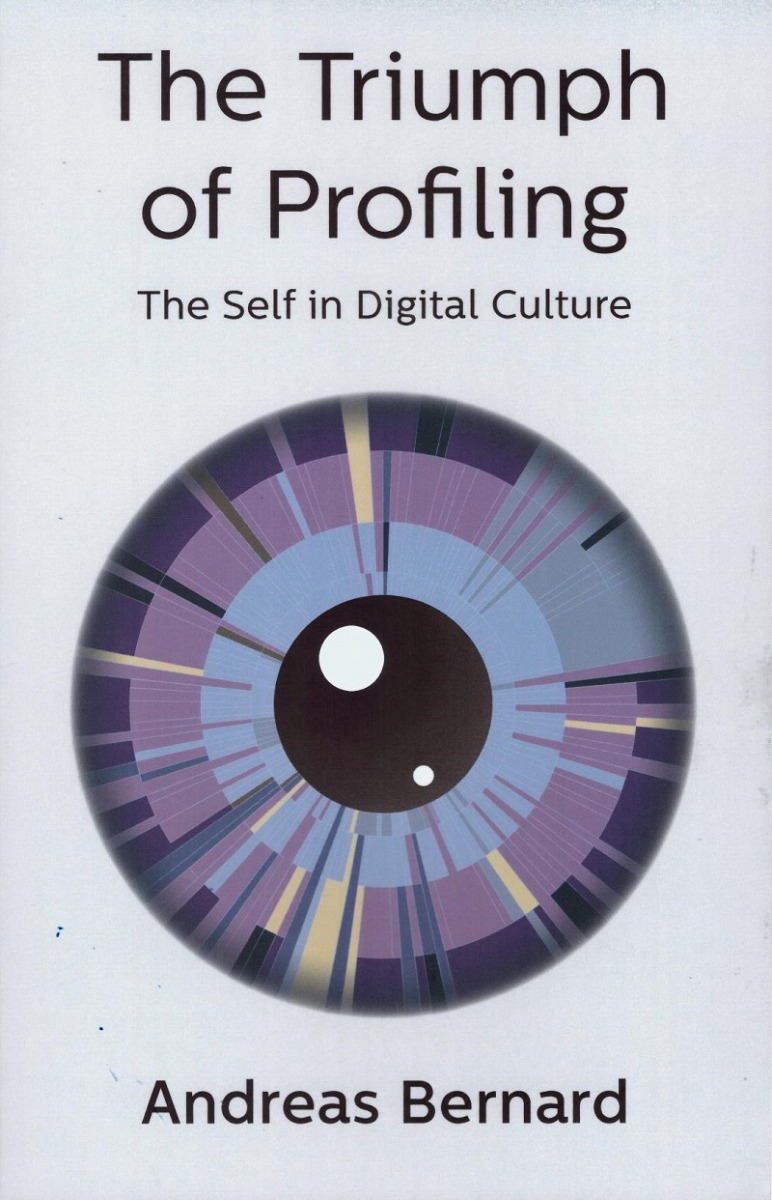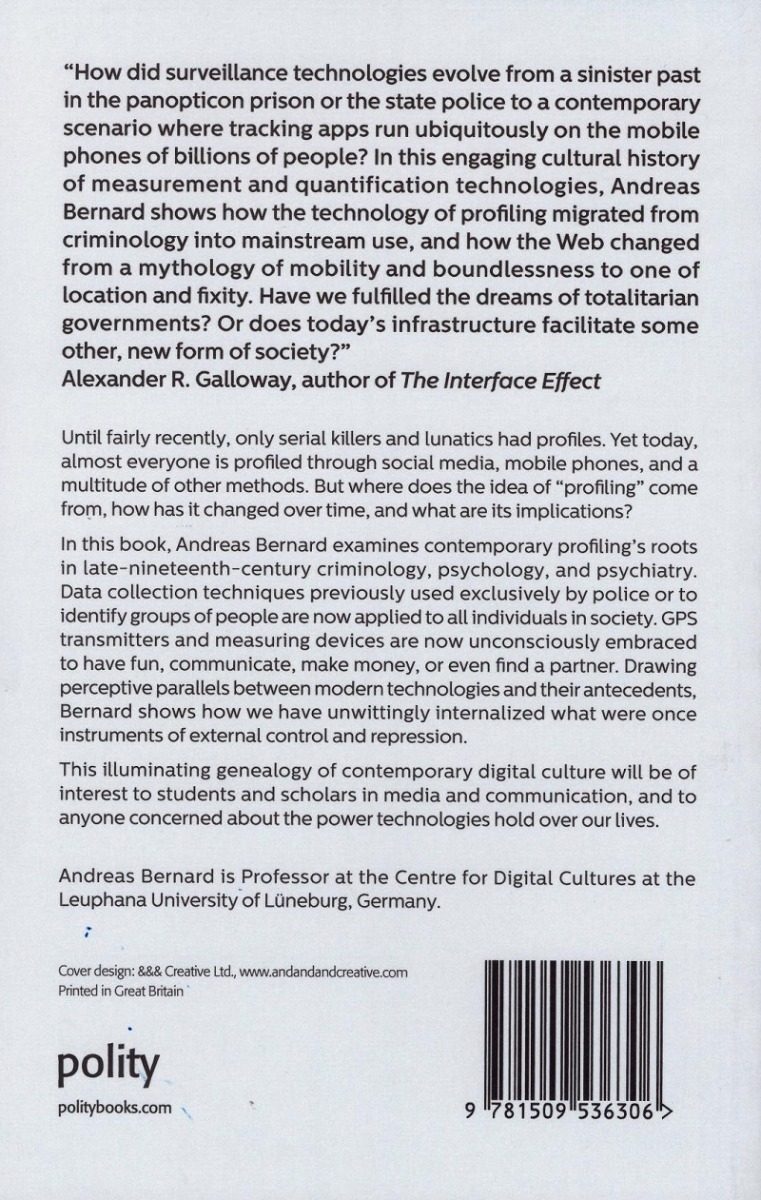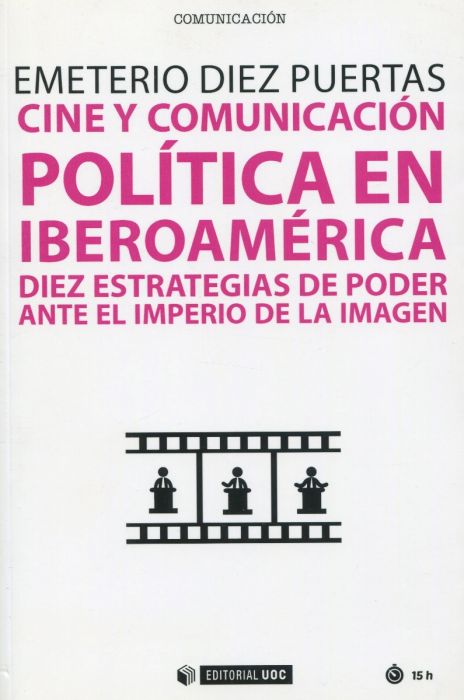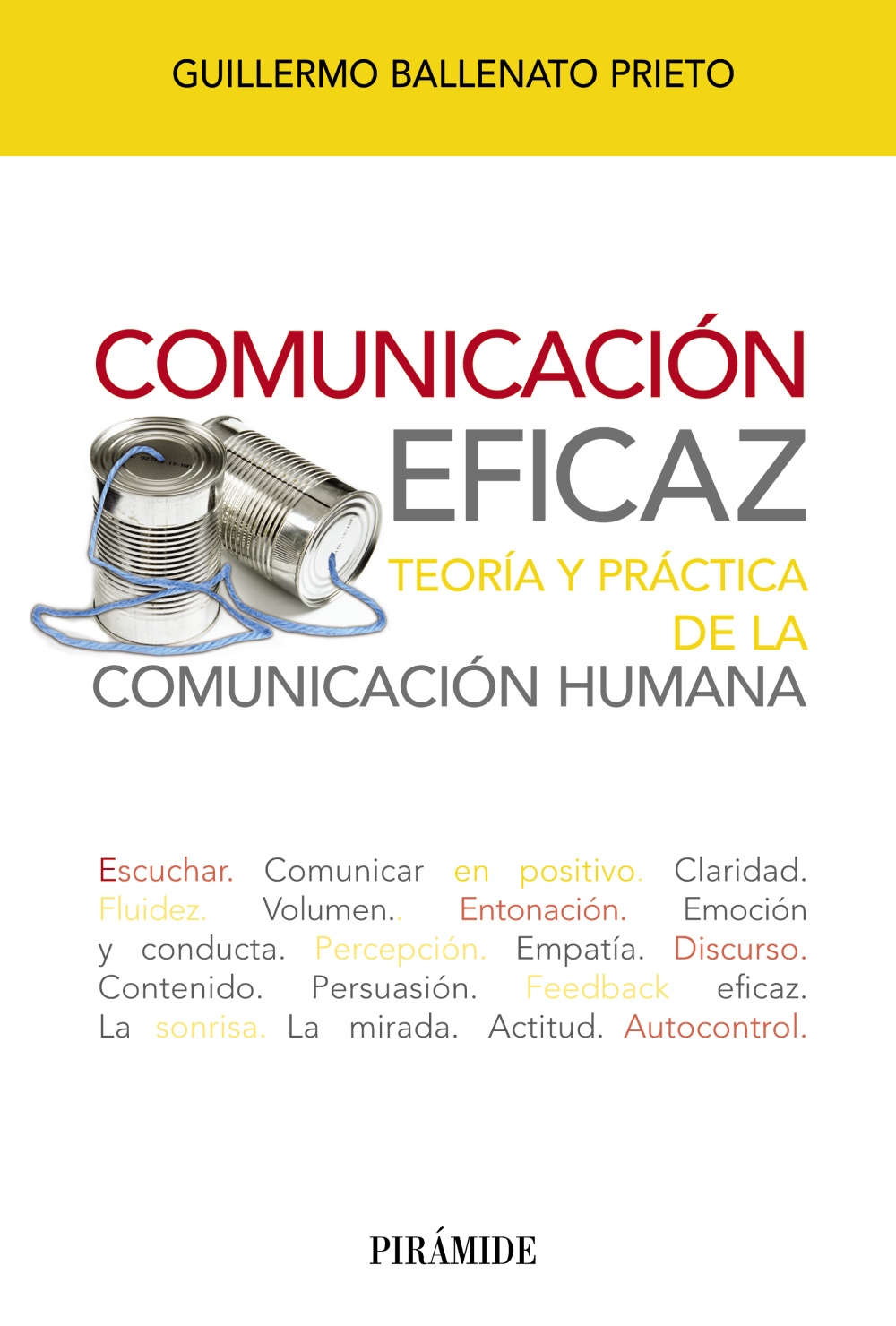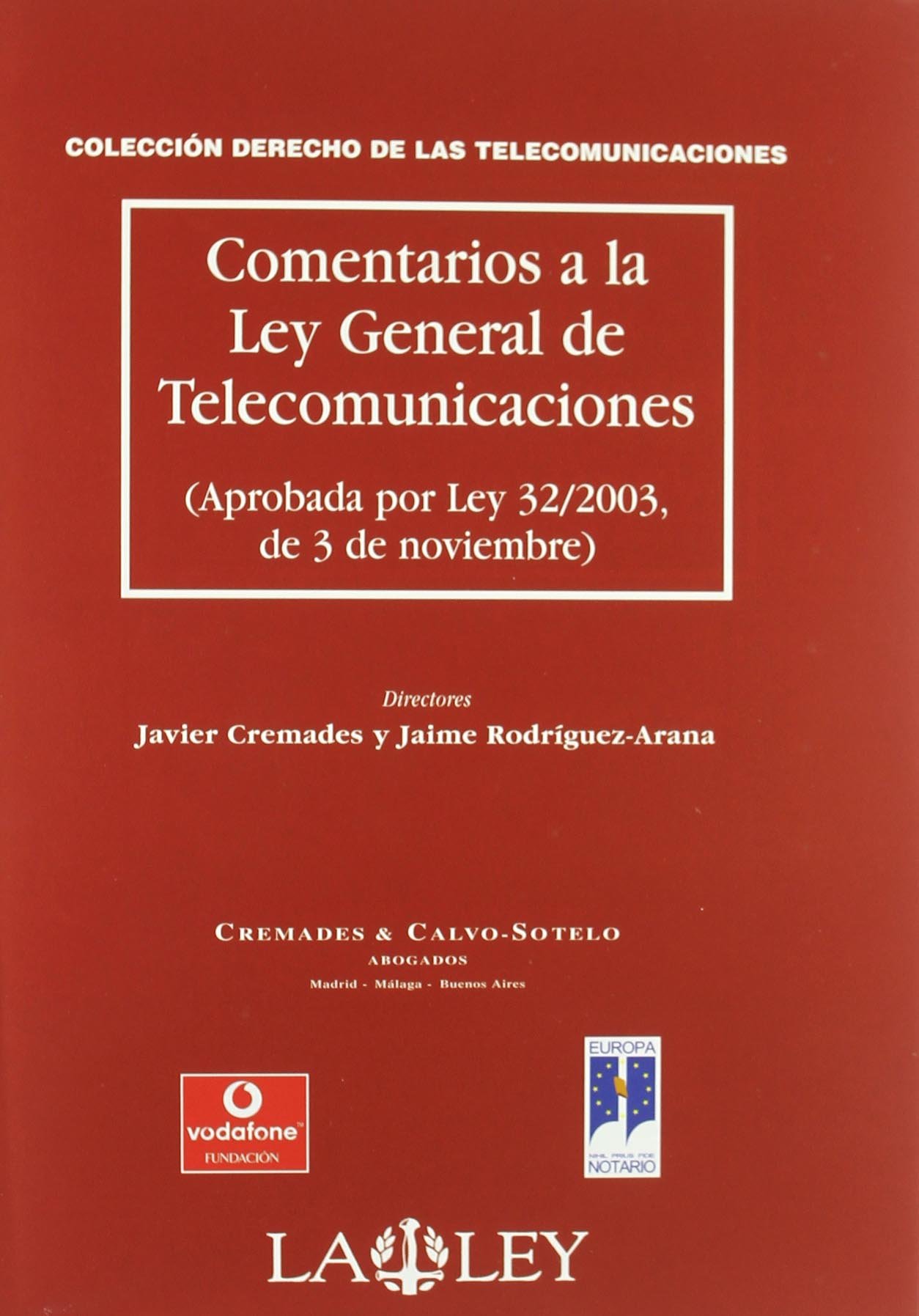Until fairly recently, only serial killers and lunatics had profiles. Yet today, almost everyone is profiled through social media, mobile phones, and a multitude of other methods. But where does the idea of “profiling” come from, how has it changed over time, and what are its implications?
In this book, Andreas Bernard examines contemporary profiling’s roots in late-nineteenth-century criminology, psychology, and psychiatry. Data collection techniques previously used exclusively by police or to identify groups of people are now applied toall individuals in society. GPS transmitters and measuring devices are nowunconsciously embraced to have fun, communicate, make money, or even find apartner. Drawing perceptive parallels between modern technologies and theirantecedents, Bernard shows how we have unwittingly internalized what were once instruments of external control and repression.
This illuminating genealogy of contemporary digital culture will be of interest to students and scholars in media and communication, and to anyone concerned about the power technologies hold over our lives.
1. Introduction: the use of economics in international trade and investment disputes Marion Jansen, Joost Pauwelyn and Theresa Carpenter
Part I. The Use of Economics in International Trade and Investment Disputes: A Practitioner’s View:
2. Integrating economic analysis into WTO dispute settlement practice: a view from the trenches Robert Teh and Alan Yanovich
3. Present at the creation: economists and accountants in international trade law practice Thomas Graham
4. The role of economics in WTO dispute settlement and choosing the right litigation strategy – a practitioner’s view Christian Lau and Simon Schropp
5. On interpretation and economic analysis of law David Unterhalter
6. The client’s perspective James Flett
7. The use of economics in competition law: what works and what doesn’t across national jurisdictions? Bruce Malashevich
Part II. The Use of Economics in International Trade Disputes: Economic Versus Legal Thinking:
8. What to do if economic insights are disputed: on the challenge to deal with competing and evolving theories or empirics in international trade disputes Anne van Aaken
9. Lost in translation: communication and interpretation challenges related to economic evidence in trade disputes Marion Jansen and Marios Iacovides
10. Land rich and cash poor? The reluctance of the WTO dispute settlement system to entertain economics expertise: an institutional analysis Petros Mavroidis and Damien Neven
11. The economics of actionable subsidy disputes Jorge Miranda
12. In search of a ‘genuine and substantial’ cause: the analysis of causation in serious prejudice claims Pablo M. Bentes
13. The games we play – simulation models in merger analysis and their potential use in trade litigation Amar Breckenridge
Part III. The Use of Economics in International Investment Disputes: Liability and Damages:
14. Aligning loss, liability and damages: towards an integrated assessment of damages in investment arbitration Wolfgang Alschner
15. An economic assessment of contracts and requests for contract reform and damages in international arbitration Bastian Gottschling and Willis Geffert
16. Economics in investor-state arbitration beyond quantum Carla Chavich and Pablo Lopez
17. Assessing investor damages involving publicly traded companies – with examples from the Yukos’ cases Manuel A. Abdala and Alan Rozenberg
18. From the law of valuation to valuation of law? On the interplay of international law and economics in fair-market valuation Fuad Zarbiyev
Conclusion Theresa Carpenter, Marion Jansen and Joost Pauwelyn
Appendix. Guidelines for best practices for the use of economics in WTO dispute settlement Theresa Carpenter, Marion Jansen and Joost Pauwelyn.
Theresa Carpenter, Graduate Institute of International and Development Studies, Geneva
Marion Jansen, International Trade Centre, Geneva
Joost Pauwelyn, Graduate Institute of International and Development Studies, Geneva

